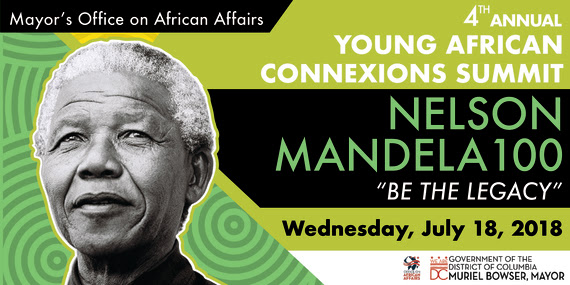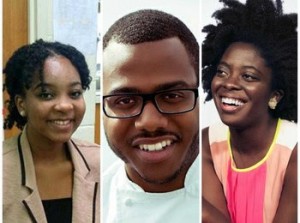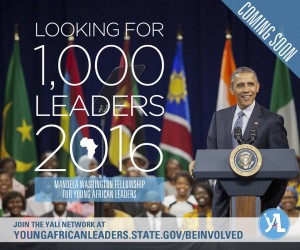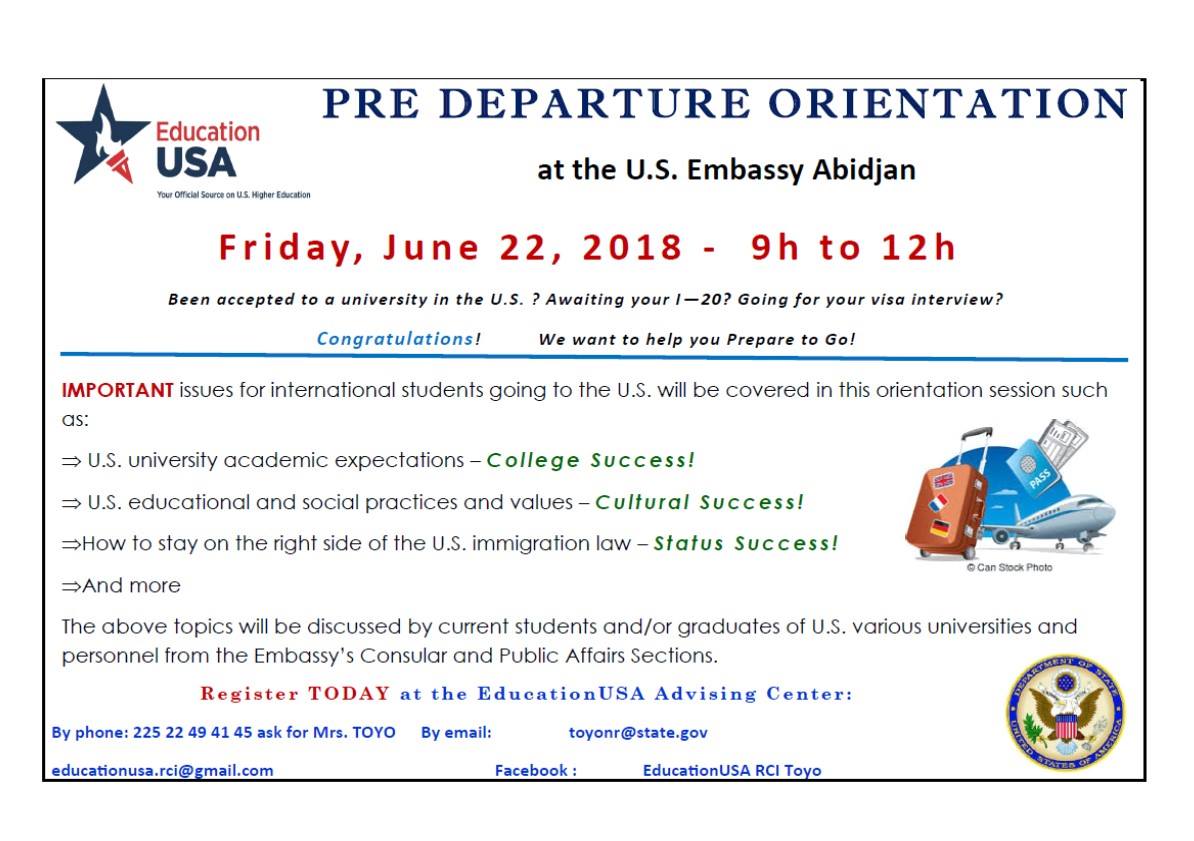 Mon enfant, tu as grandi, tu ressembles tellement à ton père, tu te souviens de moi? À Harvard, beaucoup de mes amis africains de premier cycle disent des choses similaires à la maison. Nous parlons du rire de nos cousins sans fin, qui, lorsque nous les avons visités, sont soudainement devenus nos frères et sœurs…SUITE
Mon enfant, tu as grandi, tu ressembles tellement à ton père, tu te souviens de moi? À Harvard, beaucoup de mes amis africains de premier cycle disent des choses similaires à la maison. Nous parlons du rire de nos cousins sans fin, qui, lorsque nous les avons visités, sont soudainement devenus nos frères et sœurs…SUITE
Category Archives: Actualité
Journée de l’Éthiopie à Washington DC
(WASHINGTON, DC) – Pour célébrer la visite du Premier ministre éthiopien Abiy Ahmed à Washington DC, le maire Bowser a proclamé le 28 juillet 2018 «Journée de l’Éthiopie à Washington DC». Le maire rejoindra samedi le Premier ministre Abiy au Walter E. Washington. Centre des congrès, où le Premier ministre s’adressera à des milliers de membres de la communauté de la diaspora éthiopienne de toute la région. Abritant plus de 30 000 immigrants éthiopiens, la région métropolitaine de Washington possède la plus grande population de personnes nées en Éthiopie aux États-Unis. Trouvez la proclamation du maire ICI.
USA – 4th Annual Young African ConneXions Summit Nelson Mandela
 2018 Marks the 100th birthday of Nelson Mandela. As part of our Youth Engagement and Multicultural Awareness Program, the Mayor’s Office on African Affairs invites you to Fourth Annual Young African ConneXions Summit, themed “Living the Legacy” commemorating the life and legacy of Nelson Mandela. The summit will feature the 2018 Mandela Washington Fellows for Young African Leaders Initiative(MWF-YALI), based at Howard University, community members in the District of Columbia, the African Diaspora Community, policy makers and civic leaders, engaged in a platform for a discussion around advocacy, volunteerism, leadership and community engagement, all inspired by the Madiba. Continue reading
2018 Marks the 100th birthday of Nelson Mandela. As part of our Youth Engagement and Multicultural Awareness Program, the Mayor’s Office on African Affairs invites you to Fourth Annual Young African ConneXions Summit, themed “Living the Legacy” commemorating the life and legacy of Nelson Mandela. The summit will feature the 2018 Mandela Washington Fellows for Young African Leaders Initiative(MWF-YALI), based at Howard University, community members in the District of Columbia, the African Diaspora Community, policy makers and civic leaders, engaged in a platform for a discussion around advocacy, volunteerism, leadership and community engagement, all inspired by the Madiba. Continue reading
COTE D’IVOIRE – Visa Etudiant pour les Etats-Unis
Vous avez été retenu par une université américaine? Comment préparer votre interview pour le visa étudiant? Session d’orientation à l’Ambassade des Etats-Unis le vendredi 22 juin de 9h à 12h avec @educationusa ! Enregistrez-vous ici : [email protected]
African immigrants are more educated than most — including people born in U.S.
 Lots of the news from sub-Saharan Africa is about war, famine, poverty or political upheaval. So it’s understandable if many Americans think most Africans who immigrate to the United States are poorly educated and desperate.
Lots of the news from sub-Saharan Africa is about war, famine, poverty or political upheaval. So it’s understandable if many Americans think most Africans who immigrate to the United States are poorly educated and desperate.
That’s the impression that President Trump left with his comments to members of Congress opposing admission of immigrants from “shithole countries” in Africa and elsewhere.
But research tells another story.
While many are refugees, large numbers are beneficiaries of the “diversity visa program” aimed at boosting immigration from underrepresented nations. And on average, African immigrants are better educated that people born in the U.S. or the immigrant population as a whole.
“It’s a population that’s very diverse in its educational, economic and English proficiency profile,” said Jeanne Batalova, a senior policy analyst at the Migration Policy Institute think tank in Washington and coauthor of a report last year on sub-Saharan African immigrants in the U.S. “People came for a variety of reasons and at various times.”
Overall, their numbers are small compared with other immigrant groups but have risen significantly in recent years. The U.S. immigrant population from sub-Saharan Africa (49 countries with a total population of more than 1.1 billion) grew from 723,000 to more than 1.7 million between 2010 and 2015, according to a new report by New American Economy, a Washington-based research and advocacy group. Still, they make up just half a percent of the U.S. population.
Drawing from U.S. surveys and Census Bureau data, the report found that the majority come from five countries: Nigeria, Ghana, Kenya, Ethiopia and South Africa.
The Pew Research Center reported that African immigrants are most likely to settle in the South or Northeast, and that the largest numbers — at least 100,000 — are found in Texas, New York, California, Maryland, New Jersey, Massachusetts and Virginia. Many African refugees have also relocated to or have been resettled in states such as Minnesota and South Dakota.
The Refugee Act of 1980 made it easier for people fleeing war zones to resettle in the U.S., and today there are tens of thousand of refugees from Somalia, Sudan and Congo. About 22% of African immigrants are refugees, according to Andrew Lim, associate director of research at New American Economy.
At the same time, the diversity visa program — also known as the visa lottery — has opened the door to immigrants from more peaceful places. Of the sub-Saharan immigrants who have become legal permanent residents, 17% came through the program, compared with 5% of the total U.S. immigrant population, according to Batalova.
Applicants to the program must have completed the equivalent of a U.S. high school education or have at least two years of recent experience in any number of occupations, including accountant, computer support specialist, orthodontist and dancer.
As a result, the influx includes many immigrants from sub-Saharan Africa who are highly skilled professionals.
Batalova’s research found that of the 1.4 million who are 25 and older, 41% have a bachelor’s degree, compared with 30% of all immigrants and 32% of the U.S.-born population. Of the 19,000 U.S. immigrants from Norway — a country Trump reportedly told lawmakers is a good source of immigrants — 38% have college educations.
The New American Economy study found that 1 in 3 of these undergraduate degrees were focused on science, technology, engineering and math — “training heavily in demand by today’s employers.”
That report also found that African immigrants were significantly more likely to have graduate degrees. A total of 16% had a master’s degree, medical degree, law degree or a doctorate, compared with 11% of the U.S.-born population, Lim said. Learn more
Les Nuits africaines de Washington D.C.
Des soirées africaines voient le jour dans les grandes villes américaines grâce à de jeunes promoteurs culturels qui, ces dernières années, ne reculent devant rien pour apporter des moments de divertissements à la diaspora africaine. VOA Afrique nous plonge dans l’univers décalé des nuits africaines de Washington D.C.
En plein cœur de la capitale américaine, au Power night-club, des voitures de luxe, des manteaux de fourrure et des tenues de soirée sont de mise. Le concept est simple, rassembler la jeunesse dorée d’origine africaine dans un club branché de la place. Aux commandes, les meilleurs DJs de musique africaine. SUITE
8th Annual DC African Celebration
African Heritage Month Celebration | 8th Annual DC Africa Celebration
Thursday, September 28, 2017 from 5:30 PM to 8:00 PM (EDT)
Join the Mayor’s Office on African Affairs and the Commission on African Affairs for the 8th Annual DC Africa Celebration to commemorate African Heritage Month in the District.
As part of MOAA’s Multicultural Awareness program, the 8th Annual DC Africa Celebration is organized to bring together diverse African communities and the wider District community through traditional African music, dance and performances.
African Heritage Month has grown to become one of the most anticipated cultural events drawing thousands of diverse attendees. This event presents itself as a testament of the unprecedented growth of African communities in the District while showcasing the burgeoning contributions these communities make to the cultural, social and economic fabric of the nation’s capital.
For additional information, please contact the Mayor’s Office on African Affairs (202) 727-5634
RSVP Here
International Symposium “Education and Gender Equality” – October 20-21, 2017
 On October 20th and 21st 2017, the Suzy Newhouse Center for Humanities at Wellesley College, the Consulate General of France in Boston and Sciences Po Paris organize a symposium on women’s rights and gender equality at Wellesley College. Continue reading
On October 20th and 21st 2017, the Suzy Newhouse Center for Humanities at Wellesley College, the Consulate General of France in Boston and Sciences Po Paris organize a symposium on women’s rights and gender equality at Wellesley College. Continue reading
100&Change Semi-Finalists: Eight Bold Solutions
L’administration Trump reporte l’application du “Startup visa” d’Obama
 Les entrepreneurs étrangers devront s’accrocher à leur H-1B ou E-2. Le Département de la Sécurité Intérieure (DHS) a indiqué dans un memo publié en ligne lundi 10 juillet que l’entrée en vigueur d’une règle adoptée sous Barack Obama permettant aux entrepreneurs dirigeant des startups prometteuses de venir ou de rester aux Etats-Unis serait reportée au 14 mars 2018. Et peut-être abandonnée à l’issue d’une période de commentaires publics. La mesure devait entrer en vigueur le 17 juillet. Continue reading
Les entrepreneurs étrangers devront s’accrocher à leur H-1B ou E-2. Le Département de la Sécurité Intérieure (DHS) a indiqué dans un memo publié en ligne lundi 10 juillet que l’entrée en vigueur d’une règle adoptée sous Barack Obama permettant aux entrepreneurs dirigeant des startups prometteuses de venir ou de rester aux Etats-Unis serait reportée au 14 mars 2018. Et peut-être abandonnée à l’issue d’une période de commentaires publics. La mesure devait entrer en vigueur le 17 juillet. Continue reading


